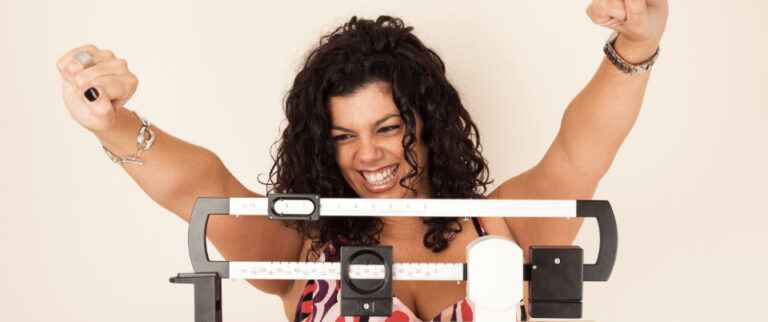Choose a Diet with Foods You Enjoy
As all of my readers know, I am not a fan of the term “diet” to describe a plan to lose weight and/or improve health. Diets imply something that is temporary, that once the desired pounds are shed or cholesterol level achieved, you revert back to your “eat anything,” unhealthy self. You then put the weight back on (plus a few pounds) and send your cholesterol level soaring back over 200. If you are, in fact, concerned about your weight and health, it does you no good to lose 15 pounds for a few months only to add 20 a year later. Perhaps the major reason this happens is because many diets are too restrictive and force you to abandon foods or food groups you enjoy. What’s a reform minded person to do?
The first thing you need to do is either lose the term “diet” or redefine it in your mind to mean a permanent, healthy overhaul of your eating habits…or something like that…Noah Webster I am not. Diet, according to the aforementioned Webster, means “the usual food and drink consumed by an organism.” That definition actually works for our needs, but it has morphed into something temporary with an “on” or “off” element and that definition certainly does not work for our needs. For the sake of brevity, let’s go with Webster’s definition. However, there are two things about this definition that concern me…one involves a word that’s included (“usual”) and one involves a word that’s not (amount).
Yes, to some degree, you’ll need to change the “usual” foods and drinks you consume, but more importantly, you need to change the “amount” of those usual foods and drinks. In other words, you need a diet (Webster’s definition) that allows…”allows” is a bad word, as if you need permission…you need to adopt a diet in which you continue to eat your usual foods, or the foods you enjoy. The largest alteration you’ll need to make is in the “amount” of those usual foods you consume. Any diet in which you attempt to eliminate the foods you truly enjoy is doomed to fail eventually. Study after study confirms this fact.
For most people seeking to lose weight and improve their health through diet, altering the usual foods they eat almost always involves eating more fruits and vegetables, eating less sugar, and eating more whole (non-processed) foods. But it should NOT include the total elimination of foods you enjoy most, be that chocolate ice cream, snickerdoodle cookies or sugary sodas. However, the amount of those unhealthy foods you usually consume will need to be reduced. How to do that then becomes the rub.
One method is “mindful eating” which involves being fully aware of what, why and how much you are eating. Before you bite into that cupcake, be aware of its unhealthy contents (calories, sugar, fat etc.), ask yourself “Why do I want to eat this?” Are you truly hungry or are you eating it to satisfy some other, non-hunger related issue like stress or depression? If you still desire that cupcake, make a deal with yourself to only eat one. Finally, as you eat it, be very aware of it, using all your senses…enjoy its symmetrical beauty and perfectly applied frosting, smell its hint of lemon, gently squeeze its spongey base. Then, slowly enjoy your treat, savoring every bite without distraction.
No, every piece of food you consume does not need to be eaten in this manner, but being aware of what, why and how much you are eating is essential to altering the usual foods you eat and the amount of unhealthy foods you consume. During most meals, be mindful of what you are eating and the best way to do that is to eat without distraction. When we are distracted, usually by a screen of some kind, we eat mindlessly, simply shoving in food without even tasting or enjoying it. Breaking this habit is essential to reducing the amount of unhealthy foods we eat, while not completely eliminating them from our diet. For what good is a diet if it fails in the end?



